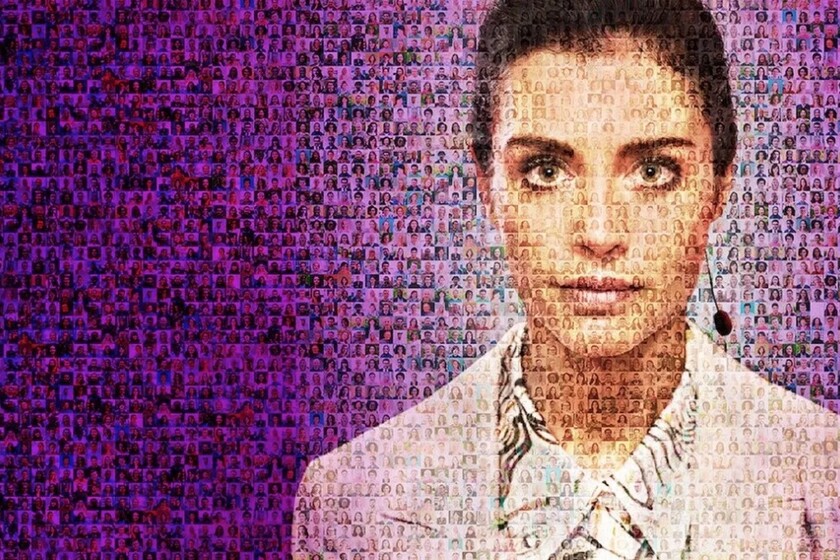New Netflix’s “Black Mirror” and Twin Soul Genetics

A unique mixture of thriller, daily “Black Mirror” science fiction and fluid romantic drama forms the components of the new British series StudioCanal distributed by Netflix. Without a doubt, these are issues that affect us very closely, because A few days after its premiere, the first season of this series climbed to the top of the most watched series On the platform.
Its secret lies in the fact that, with public thriller plot and structure that jumps into the past as we learn about more and more mysterious heroes, a series of secondary characters affected by the miserable invention The One is shown. Initially, they are only related to each other through very slightest, but each one encounters personal circumstances in which the service / work that gives the imagination its title affects in very different ways. In all cases dIn the same way as the “Black Mirror,” it forces the reader to ask with every turn of the text, “What do I do if …?”

The plot revolves around The One, a completely incomprehensible society’s system of interpersonal relationships within a few months. It comes to b A scientific method capable of, without any doubt, using genetics, to determine who is our soulmate. In fact, this category is not a matter of romantic poems, but rather a pure science: destined to be a husband is a quantifiable question, and The One totally decides it.
In Season 1, we’ll meet Rebecca Webb (appropriately mysterious Hannah Weir), the CEO of the company that markets this genetics app, and that. He is arrested in a criminal investigation when the body of an old friend appears. Not only is she riddled with suspicion, but she is also a former partner and co-discoverer of the invention that made them millionaires. Meanwhile, society tries to manage change in many different ways without turning back on traditional ways of knowing and falling in love.
When genetics is the algorithm
There is a clear similarity between the way The One uses, which is based on genetics, and dating apps like Tinder, which analyze the tastes and affinity of its users and match those who use it with compatible people. How is our way of seeing relationships changing, increasingly mediated by the Internet And because of our new uses and habits in the virtual world, in a world where “going out to flirt at the bar” is almost an old one, is one of the questions that the series poses on the table.
To evoke different points of view, The “one” describes the different relationships between different people matchWhat are these ideal pairs, according to geneticsAfter a prior and voluntary request. What happens when only one of us knows what happened match with someone? What if both knew, but one of them was lying about everything? And the most interesting hypothesis that influenced the journalist investigating Webb: Doesn’t the infallibility of The One cause a rift in relationships that seem happy, but are not blessed by genes?

All of this has been very effectively revealed already in the original novel in which the series was inspired, by John Marz, and which was adapted on screen by Howard Overman (“Misfits”). A police investigation revealing vague details about the origin of The One establishes a common thread As for plot, but the really interesting nuance is science fiction nuance in plot, which shows how science is capable of modifying entrenched social habits, for better or worse.
Without being a perfect production (there is a lack of logic in the sometimes extremely arbitrary police investigation, the riskiness of the database can be exploited to match the genetic data), “The One” is rife with good ideas. s Some are very difficult, such as the notion that a “soulmate” is something scientifically found. It was a clash between faith (because this idealistic vision of love is, after all, a matter of faith) and the mind has always been the fuel for the best dystopia. “The One” doesn’t go that far, but it definitely explores the right areas.



:quality(70)/cloudfront-us-east-1.images.arcpublishing.com/elfinanciero/BTPXPLX5CJFGTETQ5MTIT6FWCM.jpg)
:quality(70):focal(584x116:594x126)/cloudfront-us-east-1.images.arcpublishing.com/metroworldnews/XLSFGFHSZNDXLMJRVQOLGBQ4PM.jpg)
/cloudfront-us-east-1.images.arcpublishing.com/eluniverso/5UQ6TC6MQJFOXMROCZIKA4NFLI.jpg)


